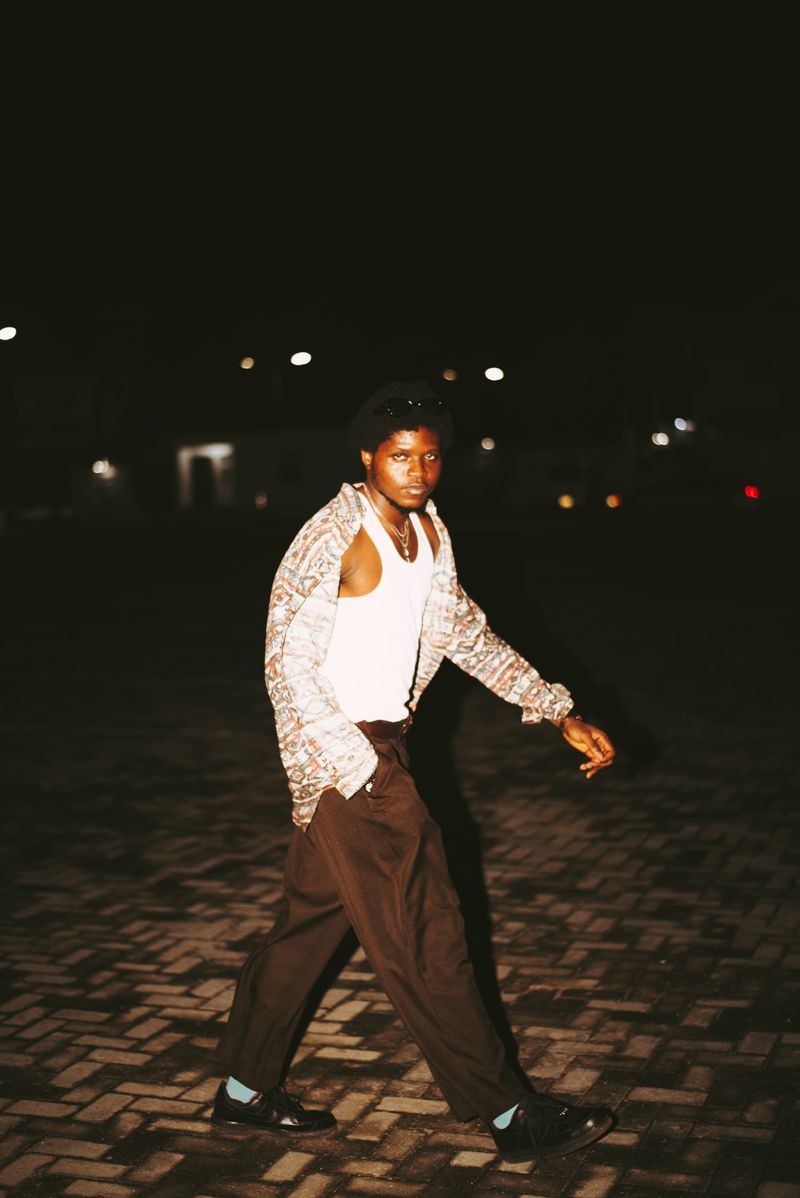Cara Delevingne’s Bold Stand: Refusing Martin Brundle’s F1 Interview Request
The Confident Act of a Celebrity
Cara Delevingne, the English fashion supermodel, actress, singer, and socialite, has been making headlines once again. However, this time it is not for her latest venture in the fashion industry or her activism efforts. Rather, Delevingne has divided opinion for her refusal to be interviewed by Martin Brundle, the well-known Formula One commentator, during the British Grand Prix. This incident has sparked a discussion about the power dynamics between celebrities and the media and raises larger questions about women’s empowerment and autonomy.
An Unexpected Encounter at the Grand Prix
Brundle, a host for Sky Sports’ Formula One coverage, is known for his attempts to interview celebrities who attend the Grand Prix. Spotting Delevingne on the grid, he approached her with the intention of asking her a few questions. However, he was promptly instructed not to do so by a person assumed to be a member of Delevingne’s team. Delevingne responded by declining Brundle’s request, citing her inability to hear anything. While Brundle sarcastically dismissed the opportunity for an interview, many of Delevingne’s fans expressed their support online.
The Power of Agency and Autonomy
Delevingne’s refusal to be interviewed by Brundle highlights the importance of agency and autonomy, particularly for women in the public eye. It is not uncommon for celebrities, especially women, to face media scrutiny and invasive interviews that can be detrimental to their mental well-being and personal boundaries. By asserting her right to refuse an interview, Delevingne sends a strong message about the need for consent and respect in media interactions.
The Intersection of Celebrity and Activism
Delevingne’s explanation for her refusal adds another layer to this story. She stated that she was instructed to say no to the interview by an “F1 representative” rather than her own agent. This raises questions about the role of F1 and its representatives in shaping a celebrity’s public image. It is not uncommon for celebrities, particularly women, to face pressure from various stakeholders to navigate their public persona in a way deemed suitable by industry standards. Delevingne’s refusal sheds light on the larger issue of control and agency in the fashion and entertainment industries.
A Shift in Power Dynamics
The incident involving Delevingne and Brundle is also significant in light of the “Martin Brundle clause” introduced by Formula One in 2021. This rule mandates that celebrities on the starting grid must dismiss their security entourage and are expected to engage with Brundle and other media personnel. The introduction of this clause reflects a shift in power dynamics between celebrities and the media, giving commentators like Brundle more access to and control over interviews. However, Delevingne’s refusal challenges this notion and asserts her agency in choosing when and how to engage with the media.
A Moment for Advocacy
While Delevingne’s refusal to be interviewed may seem like a small act, it carries a larger significance that extends beyond celebrity culture. It serves as a reminder that individuals, especially women, have the right to set boundaries and assert their agency in all aspects of their lives. Delevingne’s actions should encourage discussions regarding respectful media practices, the importance of consent, and the need for the fashion and entertainment industries to empower women rather than restrict their autonomy.
The Future of Interviews and Empowerment
Going forward, it is essential for media outlets, interviewers, and industry stakeholders to reconsider their approach to celebrity interviews. Respecting an individual’s boundaries and choice to decline an interview should be a fundamental principle upheld by all parties involved. It is crucial to create an environment where celebrities feel empowered to assert their agency and express themselves authentically rather than succumbing to external pressures.
In a world where the blurred lines between fame and personal life continue to pose challenges, Delevingne’s refusal serves as a reminder that celebrities are more than just public figures. They are individuals who deserve respect, autonomy, and the freedom to choose when and how they engage with the media. It is a call for change in an industry that often prioritizes access over consent and demands transparency in discussions regarding boundaries and representation.

<< photo by Kelly Sikkema >>
The image is for illustrative purposes only and does not depict the actual situation.




